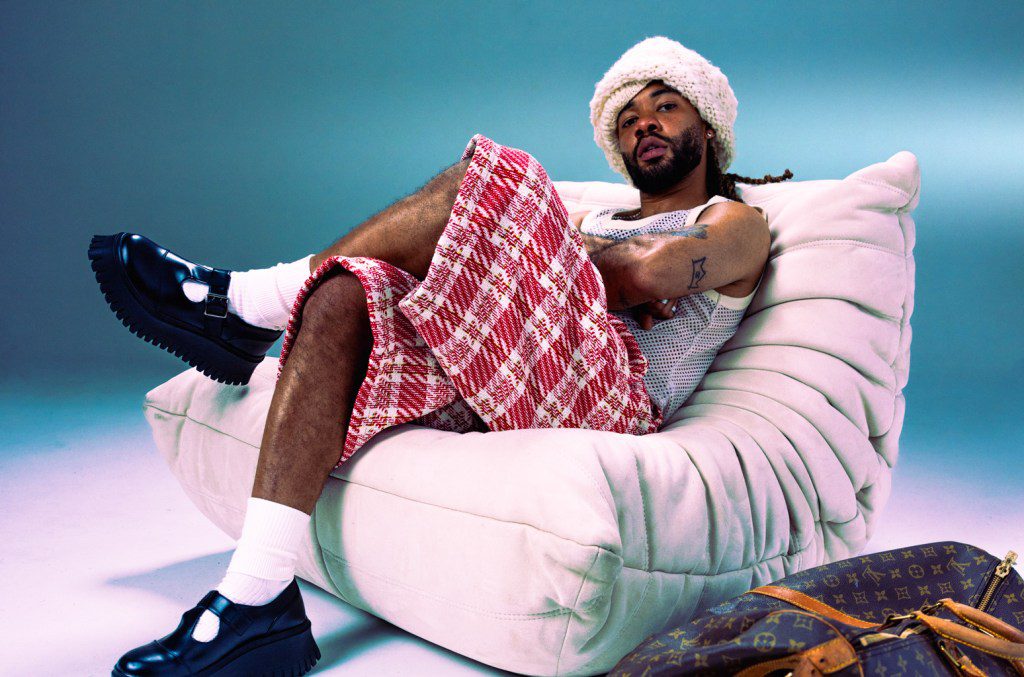British holidaymakers will be able to travel to Spain by June
Spain has revealed that British holidaymakers will be able to travel to the country and its islands from this June.
The news comes as part of the European Union’s new Digital Green Certificate system, which will require proof of vaccination or COVID-19 immunity for entry.
Alfredo González, Spain’s general secretary of Digital Health, Information and Innovation, said: “This certificate is not a passport, it’s not a travel document, and it’s not a requirement for travel. It’s a mechanism that will facilitate mobility in the European Union.
“It will respect data protection, safety and privacy. It is planned so that it will not be discriminatory, and that is one of the major advantages.”

It’s not yet revealed whether Spain will be part of the UK’s “green list” when a traffic light system for foreign travel is brought in to replace the blanket ban on international travel when coronavirus restrictions lessen on May 17.
The news comes after the clubbing island of Ibiza stated that it wants to be the first destination in the world to allow tourists via a vaccination certificate system.
As well as nightclubs in Ibiza, a number of Spanish festivals also hope to go ahead this summer. While Barcelona’s Primavera Sound Festival was recently cancelled, Madrid’s acclaimed Mad Cool Festival is still set for July.
Organisers have said that they were “excited about the festival and currently waiting for the authorities to give an update regarding the next few months”, but were “definitely in a better mood than last year”.
This week, it was revealed that a concert in Spain attended by 5,000 people led to no sign of increased coronavirus infections, according to researchers.
The crowd for the gig wore masks and had all tested negative for coronavirus prior to the concert, but did not have to socially distance.
Researchers found that only six fans tested positive within two weeks following the show, which is less than the average transmission rate of the general Spanish population. Four of those people were deemed to have caught the virus somewhere other than the gig.





